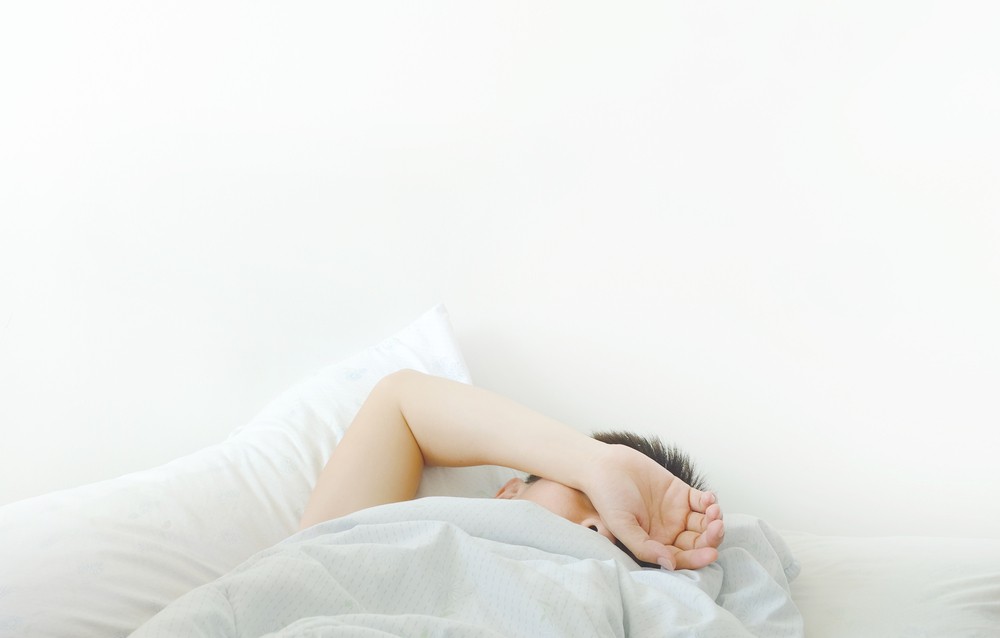Popular Reads
Top Results
Can't find what you're looking for?
View all search resultsPopular Reads
Top Results
Can't find what you're looking for?
View all search resultsNine sleep myths debunked
Change text size
Gift Premium Articles
to Anyone
S
leep is essential for our health as it allows our body to regain its immunity, balances our hormone levels, decreases our blood pressure and cleans toxins from our brain, among others.
There is research and studies that explore sleep, but you will be surprised to find many news or notions that you've heard to be merely a myth.
Below are several of those myths about sleep that are untrue as compiled by kompas.com:
1. You can strive to become a morning person
The matter of becoming a morning person is actually more complex than it seems as there are several factors that affect a person's chronotype, which relates to the tendency of someone to sleep in 24 hours. There are those who tend to wake early, those that have the ability to stay up, and both.
Researchers said a human's body clock changed throughout their life and was affected by several factors, such as getting enough sunlight and genetics. Most people are able to arrange their bed time, but there are also those who genuinely have difficulty when being asked to turn into a morning person or stay up late.
Read also: Five plants to help you sleep and breathe better: NASA research
2. Sleeping less than seven hours every day is enough
A neuroscience researcher from University of California Berkeley, Matthew Walker, tried to debunk this myth by suggesting to not turn on the alarm and waking up naturally for one week. This will allow us to see how many hours are needed by the body to regain its function.
Based on the study, most people needed around seven to nine hours of sleep. There are those who claimed to only need five hours, and still have a fresh and normal body. But Walker said, although your body is able to adjust to such habits, the test showed that it would experience some disruption.
3. The only consequence of lack of sleep is a tired body
According to Walker in his book Why We Sleep: Unlocking the Power of Sleep and Dreams, lack of sleep relates to decreasing health functions, which can lead to memory problems, increased cancer risk, depression and anxiety, heart disease and could trigger Alzheimer's.
4. Snoring is annoying, but not a big issue
If you snore when you sleep, you may want to visit a doctor as snoring may indicate sleep apnea or a sleep disorder that may lead to other health issues.
Snoring is caused by decreased of air flow that can torture your heart and cause cardiovascular issues and weight gain.
5. You can catch up on lack of sleep
You're probably thinking that you can catch up on lack of sleep over the weekend or during holidays. Chronobiology expert Till Roenneberg said in his book Internal Time: Chronotypes, Social Jet Lag, and Why You're So Tired that people should always sleep consistently. Sleeping in another day is not a good solution and cannot replace all the effects of the lack of sleep.
Read also: How to get more sleep in 2018
6. It's OK to consume sleeping pills often
Walker said those who consumed such medicine were actually not asleep or still awake. "They are actually being drugged," he added.
Sleeping medicine can harm your body, like weakening the connection of your brain cells that lead to weakened memory from time to time.
7. Waking up in the morning to exercise is better than a good night of sleep
Exercise is important to maintain your stamina. However, experts say that working out should be done when your body is rested.
If you're lacking sleep but insist on exercising, your muscle cells won't receive the benefits of the activity.
8. It is OK to use mobile devices before sleep as long as you turn off the blue light
The blue light emitting from a mobile device can keep us awake as it blocks the production of melatonin by the brain as the signal of time to sleep.
Experts say that no matter what you do, such as eliminating the blue light, the activity of using such devices before sleep can mess with your sleep quality.
9. Some people just don't dream
Experts asserted that we all dreamed, although usually forgot them after waking up.
Dreams do not only happen when we're experiencing rapid eye movement (REM) sleep. When we're dreaming, we process our emotions and experiences during the day. Walker also stated that dreaming was an important part of our emotional and mental health. (kes)











